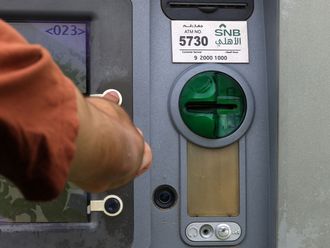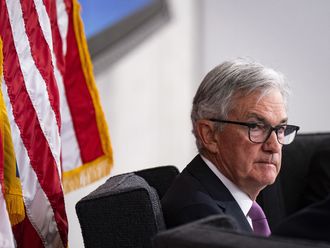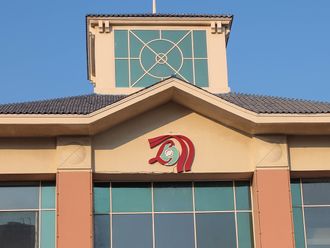Brasilia: Economic activity in Brazil fell in March for the third straight month, data showed on Friday, a surprisingly weak performance that may lead the central bank to slash its benchmark interest rate to all-time lows and prompt further stimulus measures from President Dilma Rousseff.
The central bank's IBC-Br economic activity index, a closely watched proxy for gross domestic product, contracted 0.35 per cent in March from February, the bank said on Friday. Most analysts had expected activity to rise 0.5 per cent.
The weak reading means Brazil's economy has remained stagnant since nearly falling into recession in the second half of 2011. In the fourth quarter, the economy expanded just 0.30 per cent, a figure that could be easily revised downward when fresh GDP data are released on June 1. In addition to more interest rate cuts from the central bank, Rousseff is likely to announce new stimulus measures this week to offer cheaper credit to buy construction materials as well as tax breaks on consumer loans, senior government officials told Reuters.
Economic activity also contracted in January and February in what is expected to be a very weak quarter for the economy despite a barrage of stimulus measures to revive growth.
Green light
Concerned with market sentiment after the weak data, one senior official said the administration forecasts growth of around 0.4 per cent in the first quarter from the fourth quarter, in line with many analysts' expectations. "Growth this year will be low, without a doubt. We will see the effects of the stimulus in the second half of the year and in 2013," said Andre Perfeito, chief economist with Gradual Investimentos in Sao Paulo. "Lower growth will ultimately give the green light for the central bank to be more aggressive."
Brazil's economy is widely seen growing in full-year 2012 slightly above the meagre 2.7 per cent posted last year as robust domestic demand only partially offsets a sluggish industrial sector. Brazil's GDP grew a staggering 7.5 per cent in 2010.
In the first quarter of the year, activity grew only 0.15 per cent from the previous quarter, according to Reuters calculations based on the central bank's data. Activity in February versus January was revised down to a drop of 0.38 per cent from the previously reported 0.23 per cent slide.












